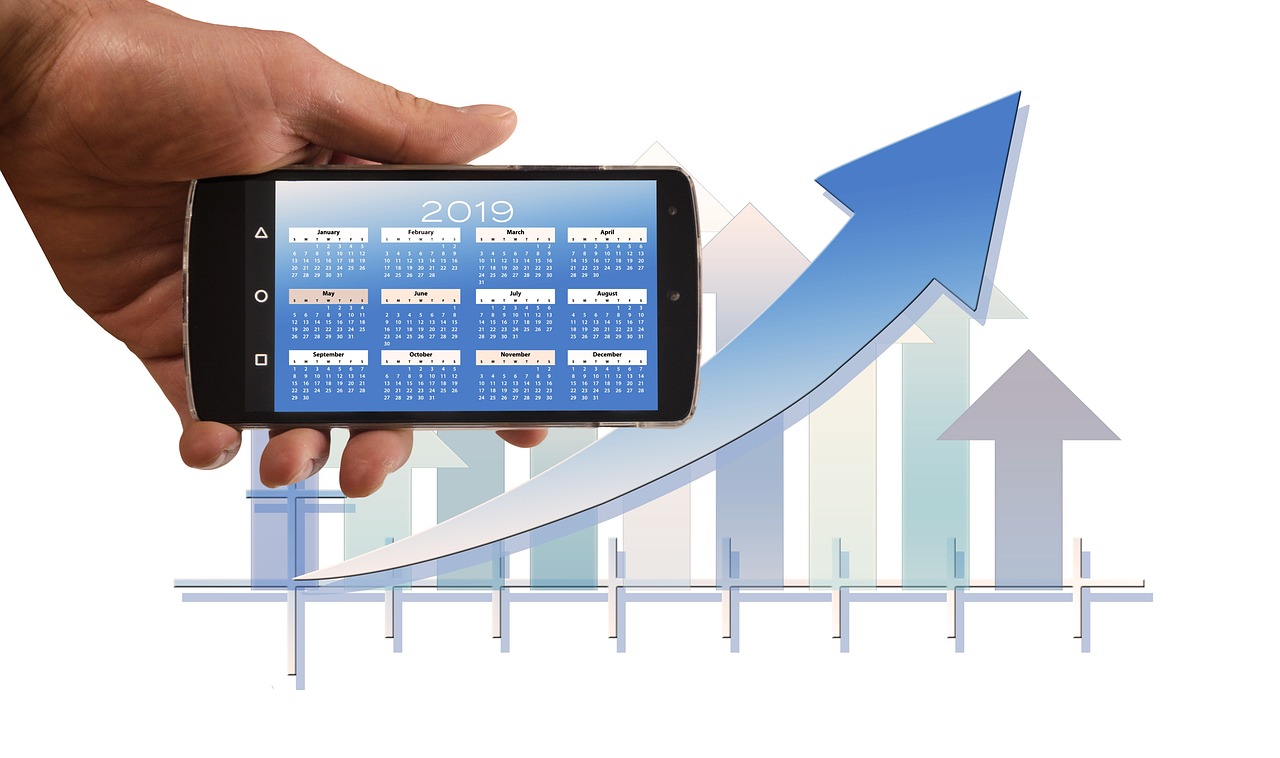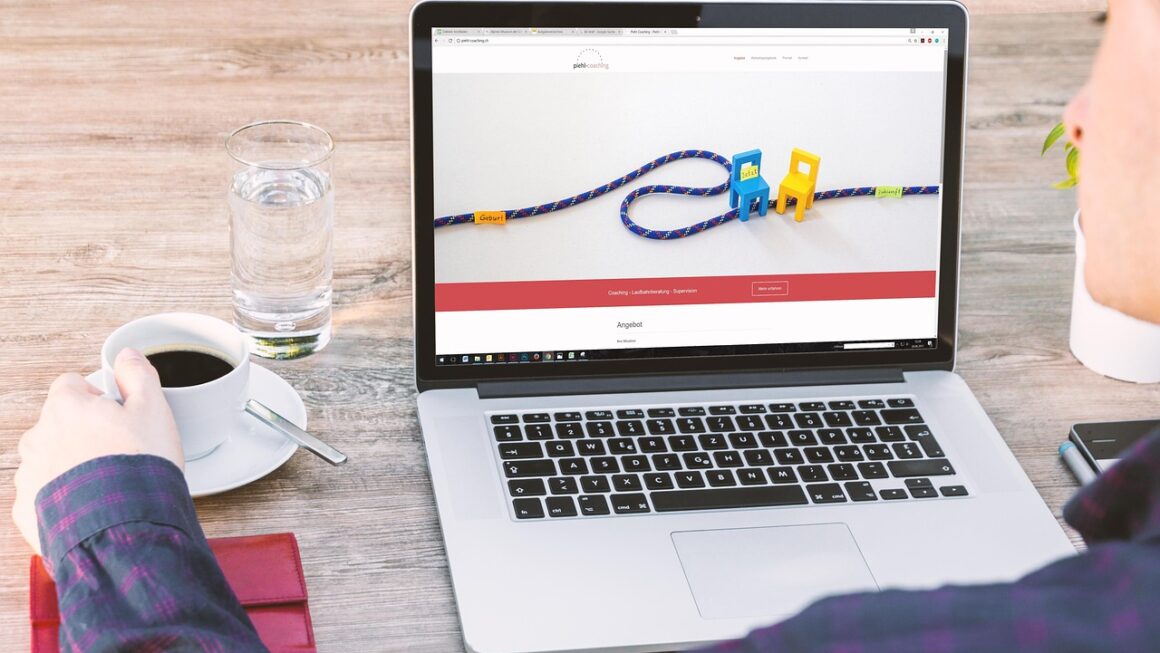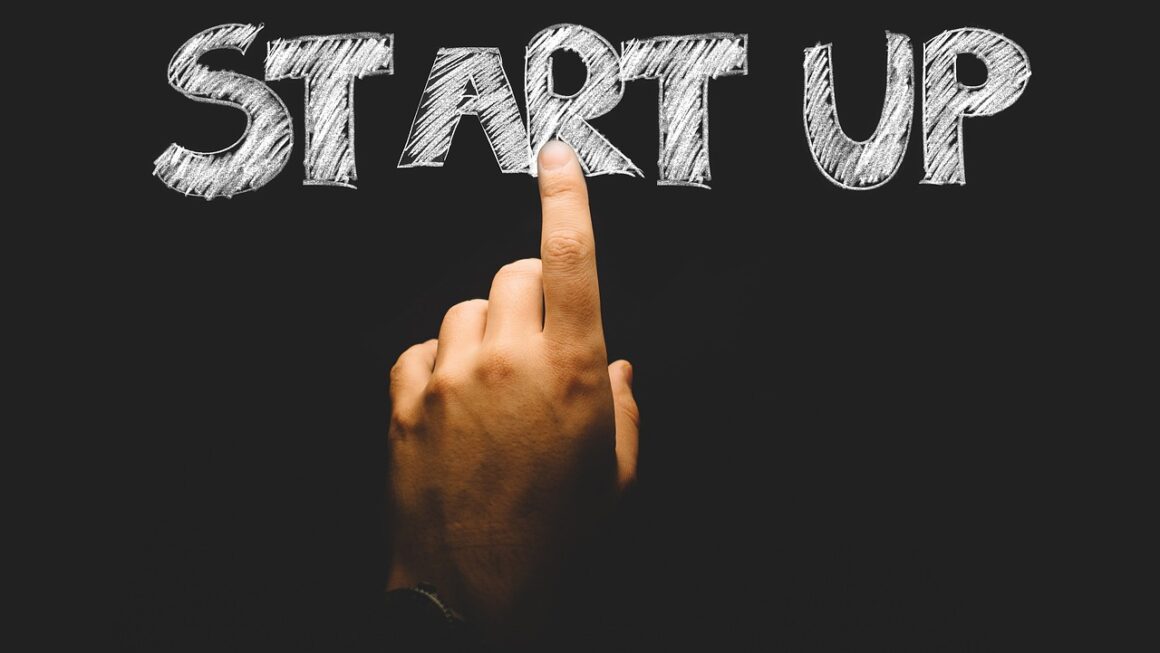Landing a job often hinges on acing the interview. It’s your chance to showcase your skills, personality, and enthusiasm for the role. But preparing effective answers to common and unexpected interview questions is paramount. This comprehensive guide will arm you with the knowledge and strategies you need to confidently navigate the interview process and leave a lasting positive impression. We’ll explore various question types, delve into effective answering techniques, and provide practical examples to help you shine.
Understanding Different Types of Interview Questions
Mastering the art of interviewing starts with understanding the different categories of questions you’re likely to encounter. Recognizing these categories allows you to tailor your responses appropriately and highlight the skills and experiences most relevant to the job.
Behavioral Questions
Behavioral questions explore your past experiences to predict future performance. They often begin with phrases like, “Tell me about a time when…” or “Describe a situation where…” The STAR method (Situation, Task, Action, Result) is an excellent framework for answering these questions.
- Example: “Tell me about a time you had to deal with a difficult client.”
Situation: Briefly describe the situation. For example, “I was working as a customer service representative when a client became extremely agitated about a billing error.”
Task: Explain your role and the objective. For example, “My task was to de-escalate the situation and resolve the billing issue to the client’s satisfaction.”
Action: Detail the specific actions you took. For example, “I actively listened to the client’s concerns, apologized for the inconvenience, and thoroughly investigated the billing error. I then clearly explained the situation and offered a solution.”
Result: Explain the outcome and what you learned. For example, “As a result, the client calmed down, the billing error was corrected, and the client expressed gratitude for my assistance. I learned the importance of empathy and proactive problem-solving in customer service.”
Situational Questions
Situational questions present hypothetical scenarios to assess your problem-solving and decision-making abilities. These questions help employers gauge how you would react in specific workplace situations.
- Example: “Imagine a team member is consistently missing deadlines, impacting the project’s progress. How would you address this?”
Answer: “First, I would privately speak with the team member to understand the reasons behind the missed deadlines. Is it a lack of resources, unclear expectations, or something else? Then, based on their explanation, I would collaborate with them to find solutions. This might involve adjusting deadlines, providing additional support, or re-evaluating their workload. I would also communicate the situation and agreed-upon solutions to the project manager to ensure transparency.”
Technical Questions
Technical questions assess your knowledge and skills related to the specific job requirements. These questions can range from basic concepts to more complex, industry-specific topics.
- Example (for a Software Engineer): “Explain the difference between an array and a linked list.”
Answer: “An array is a contiguous block of memory that stores elements of the same data type. Accessing elements is fast (O(1)), but inserting or deleting elements in the middle can be slow (O(n)). A linked list, on the other hand, is a collection of nodes, each containing data and a pointer to the next node. Inserting or deleting elements is efficient (O(1)), but accessing elements requires traversing the list (O(n)).”
Personality/Cultural Fit Questions
These questions explore your values, interests, and work style to determine if you’re a good fit for the company culture. They aim to understand your personality and how well you would integrate into the team.
- Example: “What are you passionate about outside of work?”
Answer: “I’m passionate about volunteer work at my local animal shelter. I find it incredibly rewarding to help animals in need and contribute to my community. This passion teaches me patience, empathy, and teamwork skills that I also find valuable in a professional setting.”
Preparing Effective Answers: The STAR Method and Beyond
Answering interview questions effectively requires more than just reciting your resume. The STAR method is a powerful tool for structuring your responses, particularly for behavioral questions. However, remember to adapt your approach based on the question type.
Mastering the STAR Method
As mentioned above, the STAR method provides a structured way to tell your story and showcase your skills.
- Situation: Set the context by describing the situation you were in.
- Task: Explain the task or challenge you faced.
- Action: Detail the specific actions you took to address the situation.
- Result: Describe the outcome of your actions and what you learned.
Beyond STAR: Tailoring Your Approach
While STAR is excellent for behavioral questions, you need to adapt your approach for other question types.
- Situational: Focus on your problem-solving process and decision-making skills. Clearly articulate your rationale and consider the potential consequences of your actions.
- Technical: Provide clear, concise explanations, demonstrating your understanding of the relevant concepts. Use examples to illustrate your points.
- Personality/Cultural Fit: Be authentic and genuine in your responses. Highlight your values and interests, and explain how they align with the company’s mission and culture.
Practical Tips for Effective Answers
- Be Concise: Get to the point quickly and avoid rambling.
- Be Specific: Provide concrete examples and avoid vague generalizations.
- Be Honest: Always be truthful in your responses.
- Be Positive: Focus on the positive aspects of your experiences, even when discussing challenges.
- Practice: Rehearse your answers beforehand, but avoid memorizing them word-for-word.
Common Interview Questions and How to Answer Them
Familiarizing yourself with common interview questions can significantly boost your confidence and preparedness. Let’s explore some frequently asked questions and provide guidance on how to approach them.
“Tell Me About Yourself”
This is often the first question asked, and it sets the tone for the rest of the interview.
- Focus: Briefly summarize your relevant skills, experience, and career goals.
- Avoid: Reciting your entire resume.
- Example: “I’m a highly motivated marketing professional with five years of experience in digital marketing and brand management. I’m passionate about creating innovative marketing campaigns that drive results. In my previous role at [Company Name], I led the development and execution of a social media strategy that increased engagement by 30%. I’m eager to leverage my skills and experience to contribute to [Company Name]’s success.”
“What are Your Strengths and Weaknesses?”
This question assesses your self-awareness and ability to reflect on your performance.
- Strengths: Highlight strengths that are relevant to the job requirements. Provide specific examples to illustrate your strengths.
- Weaknesses: Choose a genuine weakness, but frame it positively. Explain how you are working to improve in that area.
- Example:
Strength: “One of my key strengths is my ability to effectively communicate complex information to diverse audiences. In my previous role, I often had to present technical reports to non-technical stakeholders. I always made sure to break down the information into clear and understandable terms, which helped to ensure everyone was on the same page.”
* Weakness: “I sometimes struggle with delegating tasks, as I tend to want to handle everything myself. However, I’m actively working on this by learning to trust my team members and empowering them to take ownership of their work. I’ve seen positive results from this, as it frees up my time to focus on more strategic initiatives and allows my team members to develop their skills.”
“Why are You Interested in This Position?”
This question gauges your enthusiasm for the role and your understanding of the company.
- Focus: Explain why the role aligns with your career goals and how your skills and experience can contribute to the company’s success.
- Research: Thoroughly research the company and the role before the interview.
- Example: “I’m interested in this position because it aligns perfectly with my skills and experience in project management and team leadership. I’ve been following [Company Name]’s work in [Industry] for some time now, and I’m impressed with your innovative approach to [Specific Project/Area]. I believe my experience in leading cross-functional teams and managing complex projects would allow me to make a significant contribution to your team.”
“Why are You Leaving Your Current (or Last) Job?”
This question can be tricky, so it’s important to be professional and positive.
- Focus: Frame your response in a positive light. Emphasize your desire for growth and new challenges.
- Avoid: Criticizing your previous employer.
- Example: “I’m seeking a new challenge that will allow me to further develop my skills and contribute to a growing organization. I enjoyed my time at [Previous Company], but I’m now looking for an opportunity to take on more responsibility and work on projects with a broader scope.”
“Do You Have Any Questions for Us?”
Always have a few thoughtful questions prepared. This demonstrates your interest in the company and the role.
- Focus: Ask questions about the company culture, the team, the role, or future opportunities.
- Avoid: Asking questions that can be easily answered by researching the company online.
- Example: “What are the biggest challenges and opportunities facing the team in the next year? What are the company’s plans for growth in the next five years? What opportunities are there for professional development within the company?”
Asking the Right Questions: Turning the Tables
The interview process is a two-way street. Asking insightful questions not only demonstrates your interest but also helps you assess whether the company and the role are the right fit for you. Prepare a list of questions beforehand, but also be prepared to ask follow-up questions based on the conversation.
Questions About the Role
- What are the day-to-day responsibilities of this role?
- What are the key performance indicators (KPIs) for this position?
- What opportunities are there for growth and advancement within the company?
- How does this role contribute to the overall success of the team and the company?
Questions About the Team and Company Culture
- Can you describe the team dynamics and working style?
- What is the company’s management style and philosophy?
- What are the company’s core values, and how are they reflected in the workplace?
- What opportunities are there for team building and social interaction?
Questions About Future Opportunities
- What are the company’s plans for future growth and expansion?
- What are the opportunities for professional development and training?
- What new technologies or initiatives is the company exploring?
The Importance of Active Listening
Asking questions is just one part of the equation. Active listening is crucial to understanding the interviewer’s responses and formulating thoughtful follow-up questions. Pay attention to both verbal and nonverbal cues, and demonstrate your engagement by nodding, making eye contact, and asking clarifying questions.
Conclusion
Mastering interview questions requires preparation, practice, and a genuine desire to showcase your skills and personality. By understanding the different types of questions, utilizing the STAR method, and preparing thoughtful questions to ask the interviewer, you can confidently navigate the interview process and increase your chances of landing your dream job. Remember to be authentic, enthusiastic, and professional, and to always follow up with a thank-you note after the interview. Good luck!




